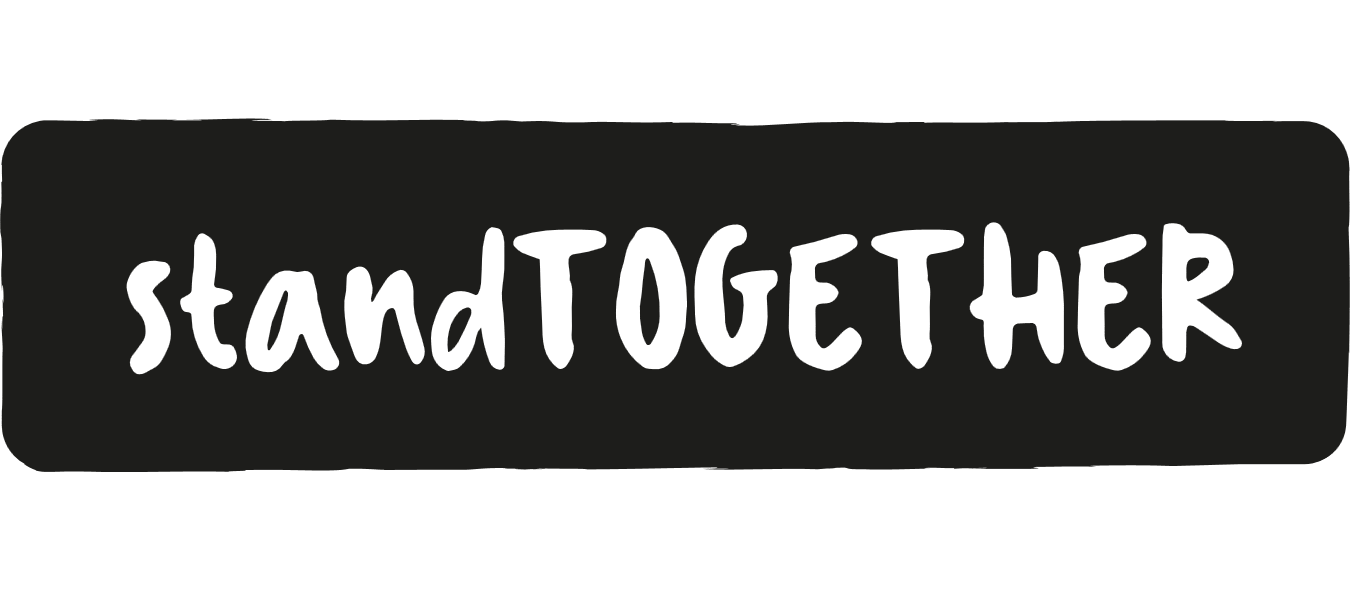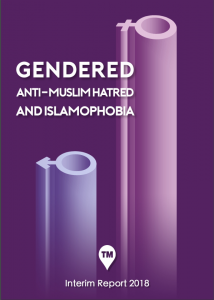On Thursday evening (13/02/20), a guest speaker from the Stand Up organisation gave a talk on their work in schools across the country. In this case the organisation had just been into a local school in Sheffield to discuss discrimination after reports of anti-Muslim hate. The speaker, Zaynab, delivered a brilliant talk going over how she delivers the sessions in schools, as well as how we can begin to make a difference.
Stand Up itself is an inter-faith charity focused on tackling antisemitism and anti-Muslim hate. Please follow this link for more information on their work. Through their engagement with mainstream schools, they hope to educate young people on discrimination and the impact it can have on individuals’ lives. Zaynab highlighted a particular focus on targeting stereotypes, as if they can get young people to start questioning these stereotypes, it may lead to a decrease in hate crimes against these groups. Another key element of their work is to create a safe space during their talks, so that students can ask questions that they may feel are not appropriate in other settings. By answering these questions, Stand Up can help to disprove stereotypes held by those at the school.
Alongside discussing how she delivers sessions in schools, Zaynab also showed us examples of online antisemitism and anti-Muslim hate as well as examples of this hate taking place in public places. Although these examples showed the stark reality of hate, they also provided an opportunity of empowerment, as we were told how to report these incidents and how to support those affected.
Empowerment was the key message to come from this talk, as if we all feel empowered to make a difference, then one day we could see the end of discrimination. However, to see this change, we all need to work together as a global community and embrace our differences, rather than using our differences as justification for hate.
Should you ever experience or witness discrimination, here are some organisations you can contact to report it:
Antisemitism- cst.org.uk 0800 032 3263
Anti-Muslim hate- tellmamauk.org 0800 456 1226
LGBT+ hate- galop.org.uk 0800 999 5428
Hate in Football- kickitout.org
IN AN EMERGENCY CALL 999

